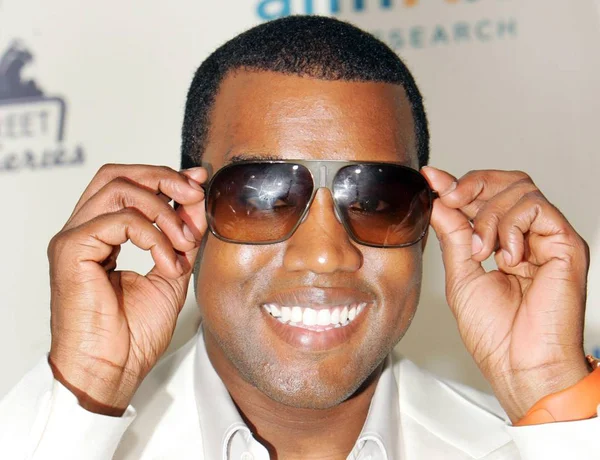“Cancel culture” isn’t real and Ye proves it
Ye is proof a capitalist society values profit over ethics.
In less than a month, Kanye (Ye) West has proudly boasted a white-lives-matter shirt, spewed antisemetic speech on Jewish people via Twitter, and wrongfully claimed George Floyd’s death—who was murdered by police in 2020—was due to a fentanyl overdose. Controversy isn’t new for the American rapper. He’s had a long history of anti-black and antisemitic behaviour. Lest we forget when Ye sold confederate flag merchandise during his 2013 tour, or his 2018 TMZ interview when he said “when you hear about slavery for 400 years… For 400 years? That sounds like a choice.” Ye also pushes antisemitic conspiracies and tropes, such as accusing rapper Diddy of being “controlled” by Jewish people. And this is only naming a few cases.
Apologetics will often remind us that Ye was diagnosed with bipolar disorder in 2016 after hospitalization, but most of us can agree mental health is far from an excuse for racism. For a generation supposedly infused with the power to “cancel” someone through a few buttons on our phones, why haven’t we been able to pull it off on this prime candidate? Simply put, the power to “cancel” never existed.
As Vox states, there is often a pattern to “cancel culture.” They go on to explain, “A celebrity or other public figure does or says something offensive. A public backlash. […] Then come the calls to cancel the person—that is, to effectively end their career or revoke their cultural cachet.” The Pew Research Center has pointed out, the definition of “cancel culture” varies broadly from person to person, often with a direct correlation to the individuals political leaning. USA Today explains how critics of such collective behaviour often argue that it suppresses freedom of expression due to a fear of retaliation, while others such as Forbes claim that perhaps it is simply “long overdue accountability for the elite and powerful.”
Collective action against a disliked individual isn’t a 21st century concept. Was the French Revolution caused because King Louis was cancelled? Individuals recognize when authority figures are abusing their power—pushing communities to come together to enact change. The medium has changed in modern times, but the basic goal has not.
The truth is, Ye is a profitable individual. In a capitalist market, Ye’s antics capture attention, and thereby, dollars from those who provide him with a platform. I’m not excused from this either; I used his name in the headline of this article to grab your attention (and since you’ve made it this far, it seems to have worked). So why would those who actually have the power to “cancel” him—like labels, sponsors, and the news—not do so?
Individuals may seem “cancelled” when they are collectively shunned, but that is simply the capitalist market deciding when a star is no longer deemed valuable. This is the balance that ultimately decides who gets “cancelled” and who doesn’t. And as the saying often goes, “any publicity is good publicity.” Ye is just far too profitable for any social media campaign to remove him from the public eye.

